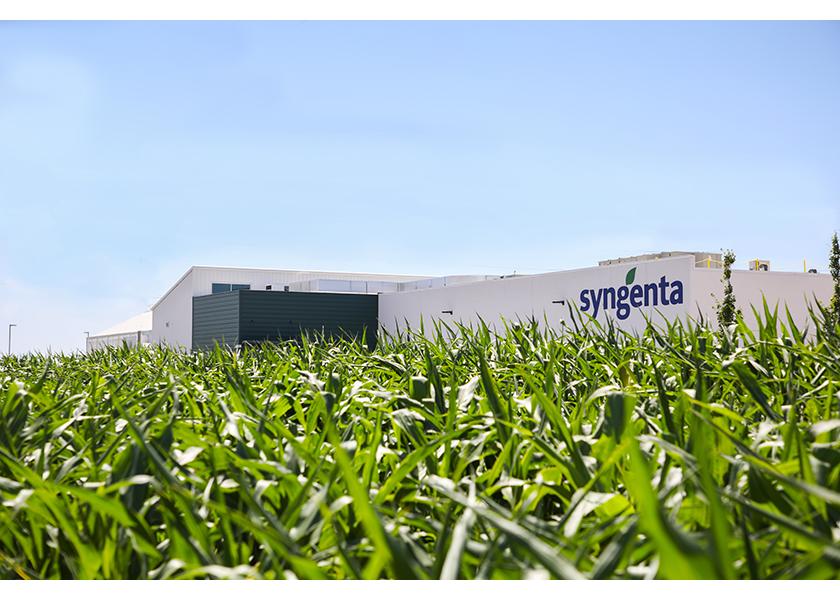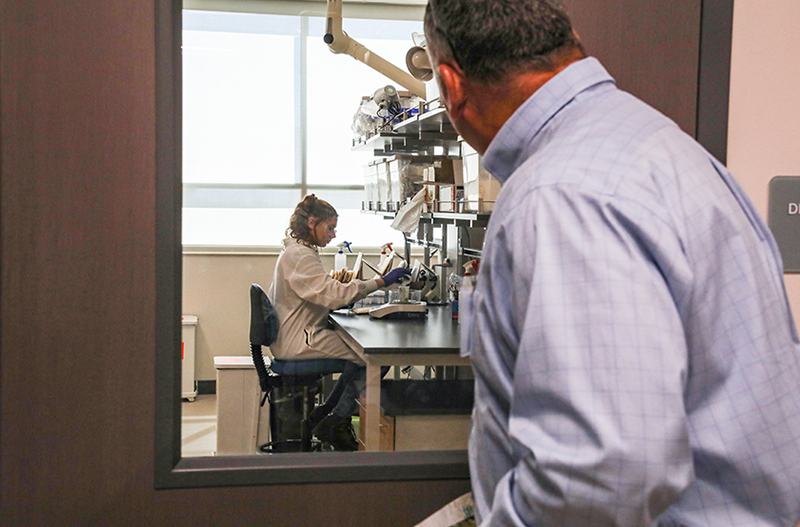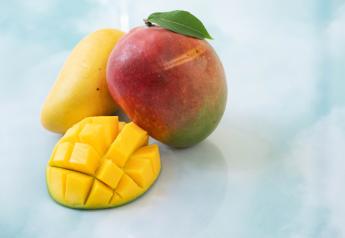Syngenta debuts $15M global vegetable seeds quality control lab

Syngenta welcomed 100 guests to its new Global Vegetable Seeds Quality Control Lab on July 22 in Nampa, Idaho on July 22.
This lab represents a $15 million investment in global seed health, according to a news release, expanding on the previous $30 million Trait Conversion Accelerator that opened at the site in 2019.
The 37,000-square-foot quality control facility features contained environment growth areas and precision testing that will enhance seed health in the global vegetable industry and for vegetable seed customers, the release said.
“We’re excited to spotlight our Nampa facility,” said Stacy Woodruff, global head of vegetable seeds production, in the release. “We have a global footprint, and this further expands our ability to bring the highest-quality vegetable seed products to growers around the world. It expands our quality control capabilities, increasing efficiency and capacity.”
“We have great science and great scientists, and this gives us greater capabilities in seed testing and development,” said Matthew Johnston, global head of vegetable seeds and flowers, in the release. “Our commitment to providing growers with high-quality, high-value seed persists because it’s the foundation of the food system.”

Local Roots, Global Impact
According to the release, Syngenta’s investments also bring new technology and methodologies to improve turnaround times and accuracy for pest testing, such as:
• Grow-out trails – These provide an additional check for seed quality and can be required in certain regulatory processes;
• Protein sampling – Analyzes samples for the presence of bacteria with precision and a two- to three-day result turnaround; and
• Molecular testing – Uses polymerase chain reaction-type technology to provide evidence of the presence or absence of DNA related to seed-borne pests with a one- to two-day window for results.
“We’re striving for global harmonization at our seed facilities,” Johnston said in the release. “This means, regardless of where seed is processed, we have the flexibility to move from lab to lab and country to country.”







